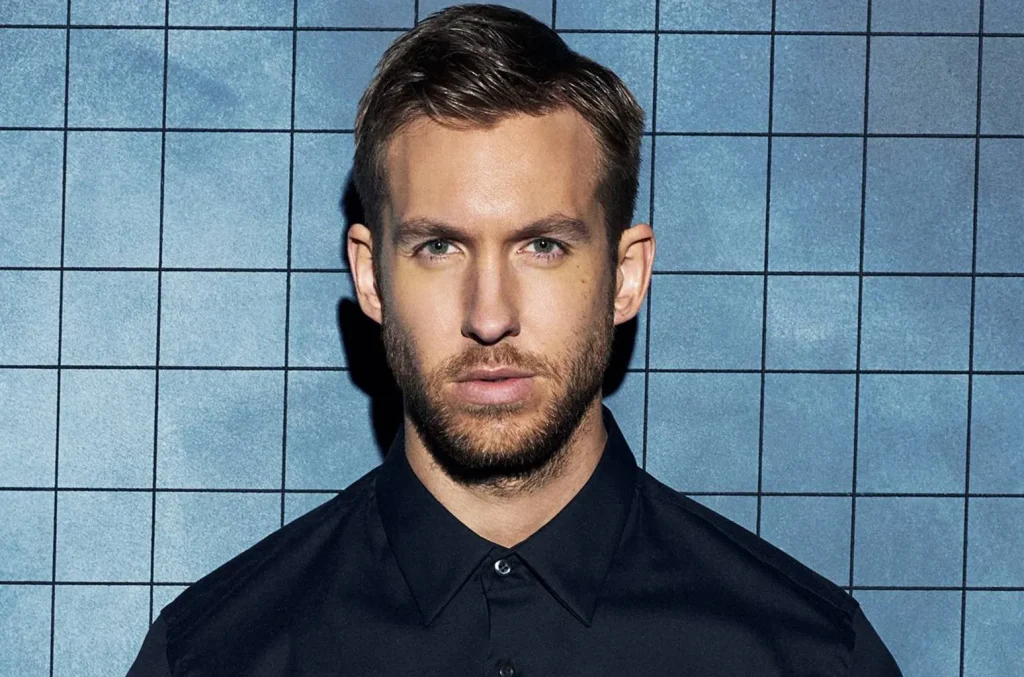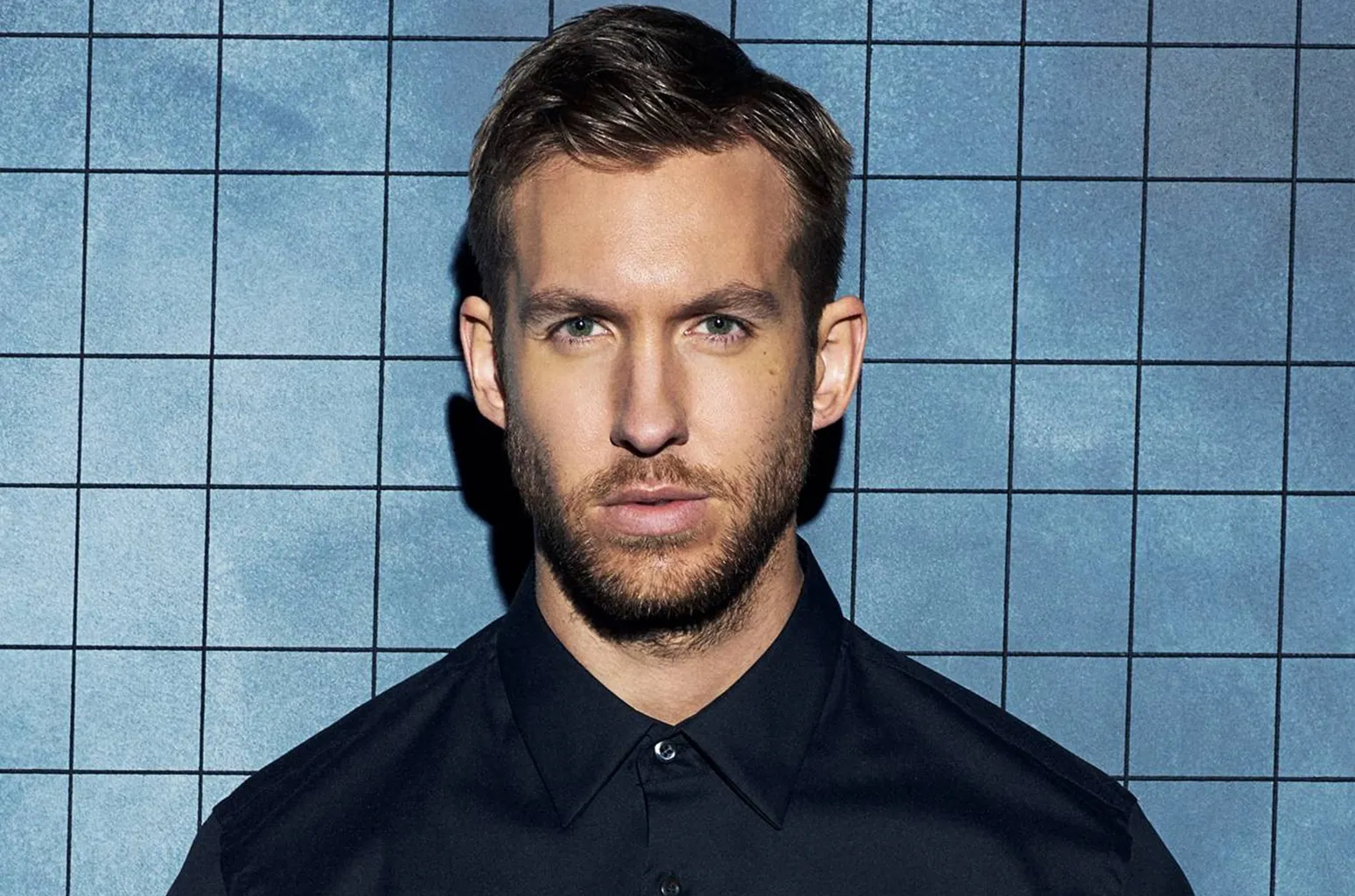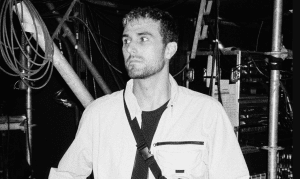In the fast-paced world of electronic music, where beats evolve and genres collide, inspiration often walks a fine line with imitation. That line was tested when veteran producer Nick Chicane accused Calvin Harris of copying his classic track Offshore in Harris’s new release Blessings.

The Accusation Hits Home
Chicane stirred the pot with a bold Instagram post comparing Blessings to his 1996 hit. The clip quickly caught fire, showing side-by-side similarities in chord progressions. His caption, “copyright?”, implied more than coincidence. It was a shot across the bow. The electronic music community reacted swiftly. Speculation, outrage, and support flooded in from both sides.
Harris Responds—Loud and Unfiltered
Calvin Harris, known for keeping his online presence low-key, couldn’t stay silent. In a rare and passionate video response, he set the record straight. Breaking down both tracks on camera, he aligned the chords and pitch. Then, in his unmistakable Scottish accent, Harris unleashed a furious rebuttal.
He didn’t just defend Blessings. He flipped the script. Harris pointed out uncanny similarities between Offshore and Tangerine Dream’s 1983 classic Love On A Real Train. The implication? Chicane’s iconic hit might itself be a product of borrowed inspiration.
“If I’m guilty,” Harris snapped, “then what does that make you?” The response, while layered with crude humor, hit a serious note. The debate wasn’t just about Blessings anymore. It was about how far back the sampling culture reaches—and who gets to draw the line.
Raising Questions About Ownership in Music
Harris’s response reignited a deeper conversation in the electronic scene. If Chicane’s foundational work borrowed from an earlier electronic legend, how can he now claim moral high ground? The producer’s blunt defense exposed the murky waters of music copyright—where influence, homage, and innovation constantly intersect.
Is This a Legal Battle or Public Showdown?
So far, the dispute has played out in the court of public opinion. No legal proceedings have begun, and none may follow. But Harris’s fans rallied behind the video, praising him for addressing the accusation head-on while exposing the genre’s longstanding culture of reinterpretation.
A Clash Echoing Through the Techno Scene
As of now, Chicane has not responded to Harris’s counter-claims. But the damage—or impact—has been done. The electronic music world is abuzz with debates on originality, ego, and the blurred boundaries of musical creation.
While some defend Chicane’s stance, others hail Harris for daring to turn the lens back on his accuser. Whether this ends in reconciliation or continues to simmer in silence, the techno scene has already felt the tremors.







Comments are closed.